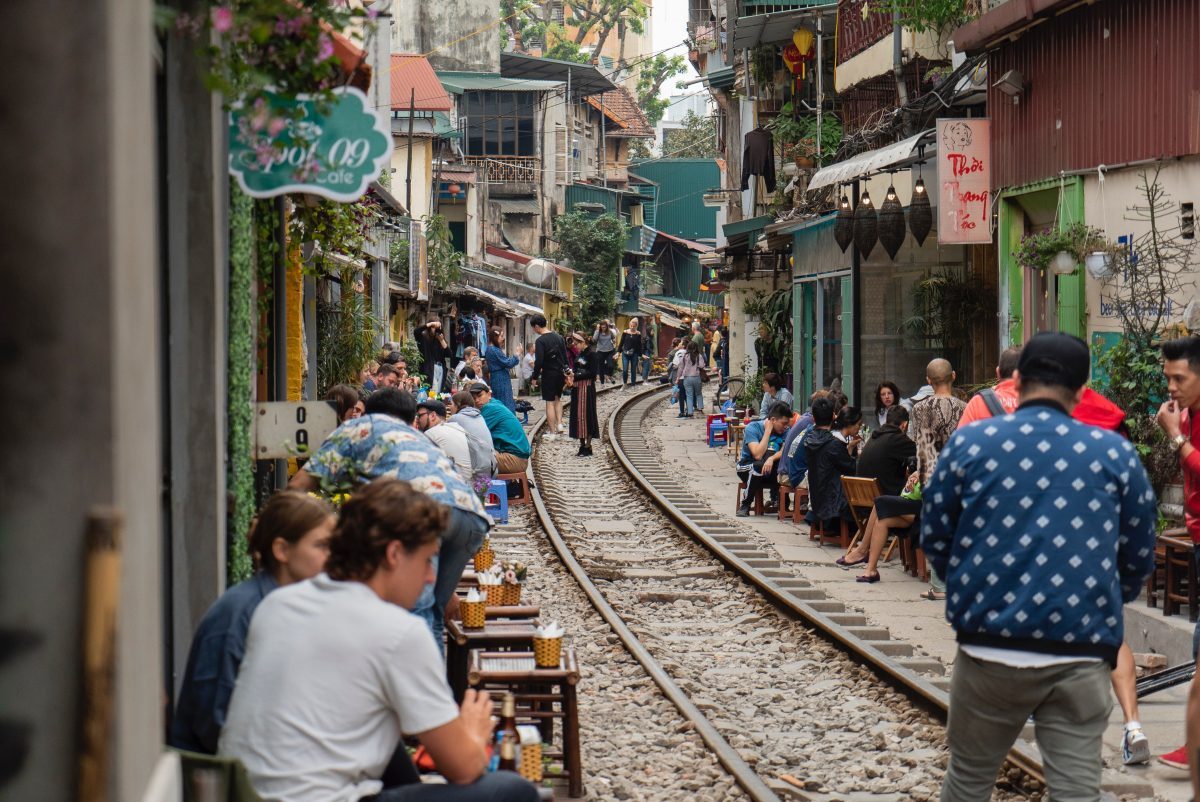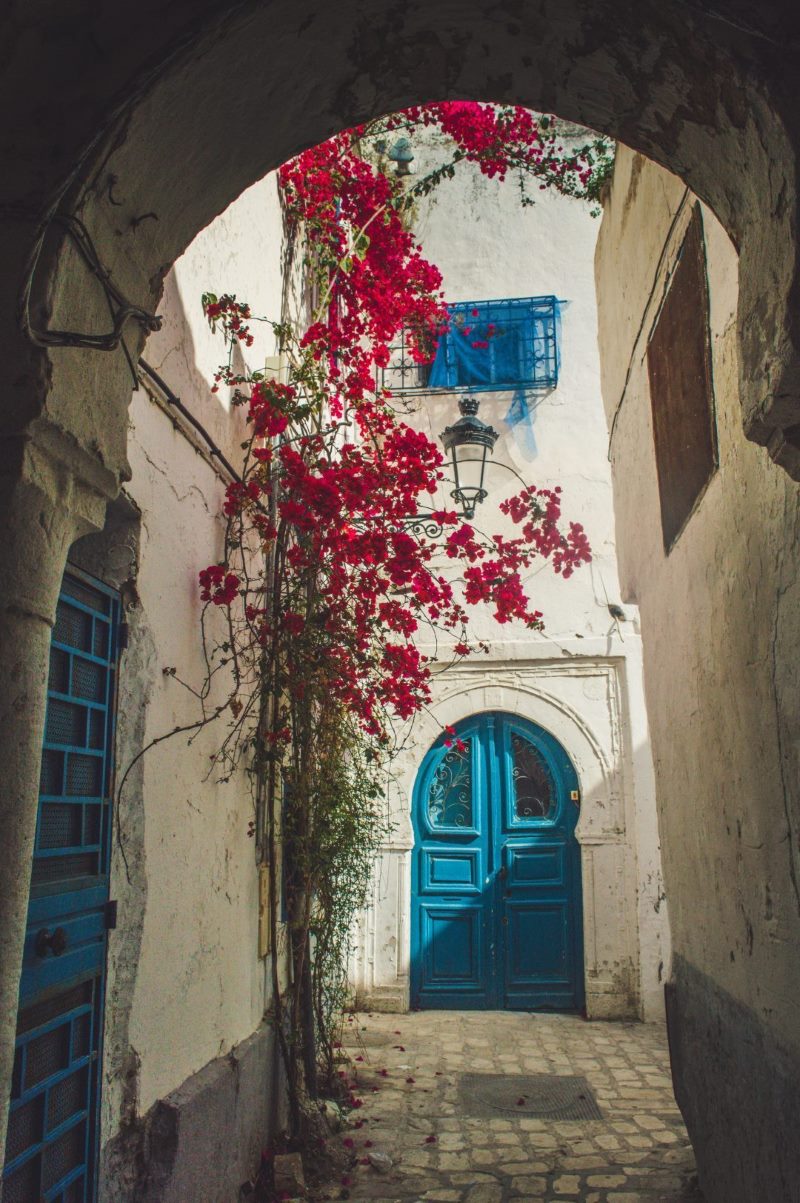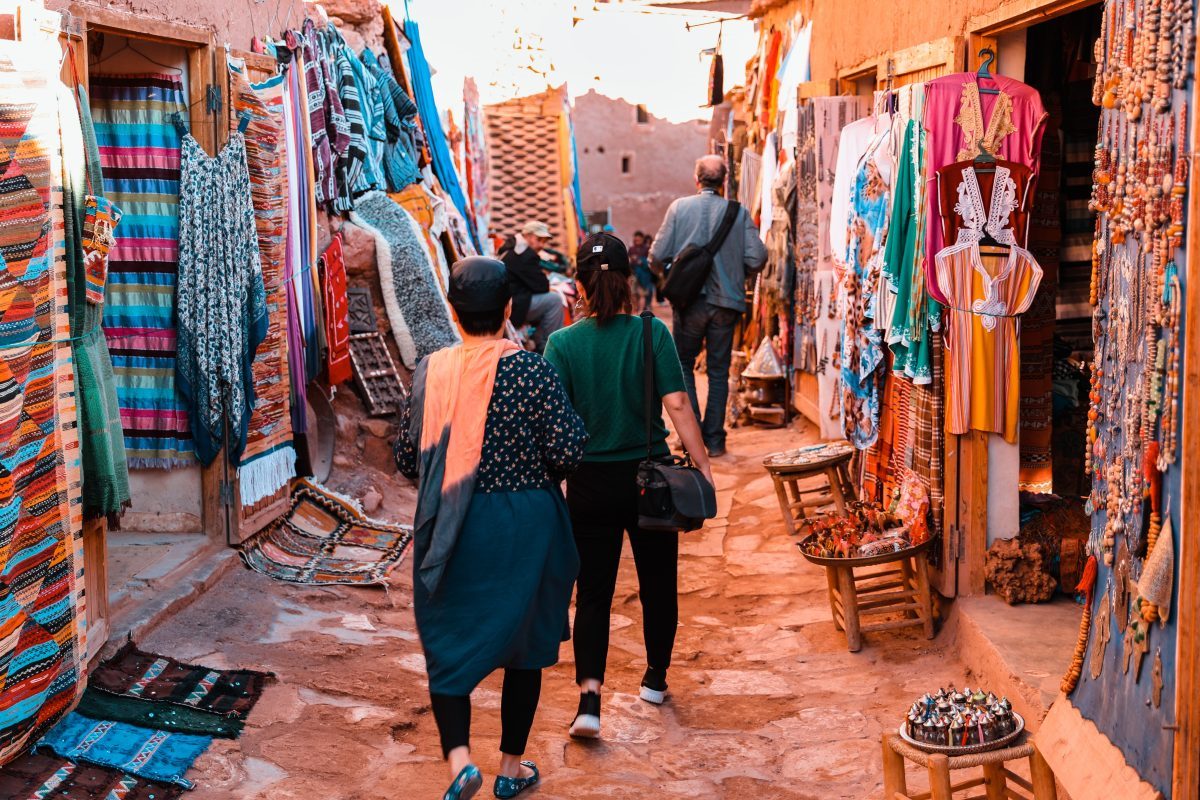Suva, the capital city of Fiji, has a rich cultural heritage and diverse natural beauty to explore. With so much to see and do, it can be overwhelming for visitors to choose the best way to tour the city. Fortunately, motorized city tours provide a comfortable and convenient way to experience Suva’s top attractions. In this post, we’ll be discussing the two best motorized city tours in Suva that you don’t want to miss. So, fasten your seatbelt and let’s explore Suva in style!
The 2 Best Motorized City Tours in Suva
The 2 Best Motorized City Tours in Suva
1. Suva: Fijian Nature and Waterfall Tour

If you’re looking for an immersive experience of the natural beauty of Suva, the Fijian Nature and Waterfall Tour is a must-try. With a personalized experience led by a private guide and vehicle, you’ll explore the Colo-I-Suva Nature Reserve and witness local flora and fauna on a jungle trek. What’s more, you’ll get the chance to swim or dive in natural pools of the waterfalls and even have a barbecue if you so desire. Just keep in mind that this tour is not recommended for people with limited mobility, pregnant women, or those with heart problems. Join us for an unforgettable adventure through the Fijian wilderness.
2. Suva: Half Day City Sightseeing Tour

Explore Fiji’s capital city Suva on a half-day guided tour of notable landmarks. Take a drive through Suva and learn more about the history of the city that is the center of Fiji’s commerce and the seat of government. Visit the President’s Residence and nearby Albert Park where Kingsford-Smith landed his small aircraft on his epic flight from America to Australia in 1928. Discover the nearby Thurston Botanical Gardens with many varieties of palms, gingers, water lilies, and other local flora.
Next, it’s time for some shopping in Suva’s bustling municipal market followed by lunch at one of the many restaurants in the area. After lunch, continue to experience Suva’s history through its colonial and modern architecture. Enjoy photo stops at the Great Council of Chief’s complex, Parliament House, and the Museum of Fiji, where you can see cannibal-era artifacts such as ancient pottery, double-hulled canoes, and the remains of Reverend Thomas Baker’s boots.
Finally, shop for handmade Fijian crafts at the Government Handicraft Center. This tour includes hotel pickup and drop-off, a tour guide, entry fees to sites, food and drinks, and gratuities. Please note that this tour is not suitable for people with back problems, people with mobility impairments, people with heart problems, or wheelchair users.
Frequently Asked Questions About Suva – Your Ultimate Guide
Suva is the capital city of Fiji and a bustling hub of activity for travelers seeking adventure in paradise. It boasts a diverse culture, with a mix of Fijian, Indian, and European influences. But, as a first-time traveler to Suva, many questions may come to mind. In this guide, we will answer the most frequently asked questions about Suva, Fiji.
1. Where is Suva located?
Suva is located on the southeast coast of the island of Viti Levu, the largest island in Fiji. It sits on a peninsula at the south-western edge of Viti Levu and is surrounded by lush hills and the Pacific Ocean.
2. What is the climate like in Suva?
Suva has a tropical rainforest climate, which means it is warm and humid all year round, with average temperatures ranging from 22°C (71°F) to 31°C (88°F). The rainy season in Suva lasts from November to April, while the dry season is from May to October. It’s always a good idea to check the weather forecast before traveling so that you can pack accordingly.
3. What are the must-see attractions in Suva?
Suva has many exciting attractions for visitors, including:
- Islamic Center
- Fiji Museum
- Albert Park
- National Stadium
- Suva Municipal Market
- President’s House and Government Buildings
- The Colo-i-Suva Forest Reserve
4. What is the best time of year to visit Suva?
The best time to visit Suva is during the dry season, which is from May to October. During this time, you will have the best chance of sunny days and milder humidity levels. However, keep in mind that the peak tourist season in Fiji runs from July to September, so prices will be higher and attractions may be more crowded.
5. What is the best way to get around Suva?
Getting around Suva is relatively easy. Taxis are widely available, but it’s always best to negotiate a fare before you get in. Buses and minibusses are another option and offer a more affordable way to get around the city, but they can be crowded and uncomfortable.
6. What should I pack for my trip to Suva?
You should pack light, breathable clothing, and good walking shoes for exploring Suva. Don’t forget swimwear, sunglasses, and sunscreen for days spent on the beach. If you plan to visit religious or cultural sites, it’s important to pack modest clothing that covers your shoulders and knees.
7. What types of food can I expect in Suva?
Suva offers a diverse range of cuisine with a mix of Fijian, Indian, and European influences. You’ll find plenty of fresh seafood, tropical fruits, and vegetables, as well as curries, noodle dishes, and barbecue meats. For something sweeter, try the local dessert, cassava cake.
8. Can I drink the tap water in Suva?
It’s best to avoid tap water in Suva, as it may not be safe to drink. Stick to bottled water and always check that the seal is intact before opening. Also, make sure to use bottled water when brushing your teeth.
9. What are some cultural norms to be aware of in Suva?
In Suva and throughout Fiji, people are generally polite and friendly. It’s customary to dress modestly when visiting religious or cultural sites, and it’s considered impolite to wear hats or sunglasses indoors. When greeting someone, a simple “Bula” (meaning hello or welcome) is appropriate.
10. Is it safe to travel to Suva?
Suva is generally a safe place to travel to. However, it’s always a good idea to take some basic safety precautions, such as not leaving valuables unattended and avoiding poorly lit areas at night. If you plan to participate in adventurous activities, such as hiking or water sports, make sure to use a reputable guide or tour operator.
These are just a few of the most frequently asked questions about Suva. With this guide in hand, you’re well on your way to planning the ultimate getaway to this tropical paradise.
Table of Contents

